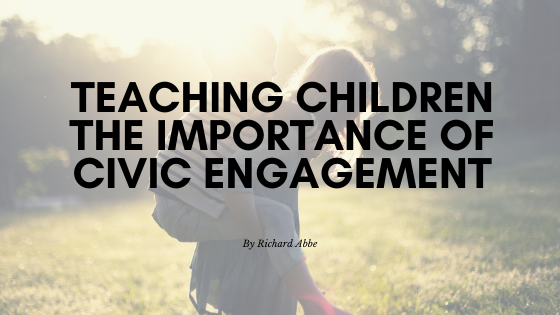Helping children grow into empowered change agents is an essential responsibility and in this day and age it has never been more important. The previous presidential administration led to a marked increase in youth readiness for civic engagement. So, how can the young be supported as they civically mature? What follows are the stages which all people experience as they develop habits of civic engagement.
Five Stages of Engagement
Unaware of Inequity
We initially believe that others have the same circumstances we do. We believe that our circumstances and experiences are common to everyone. However, different people start life with different advantages based on such circumstances as gender, ethnicity, and class.
Awareness of Inequity
Once we believe that inequity exists it appears unavoidable. It all seems too big to change. Conformity looks like the only winning strategy.
Questioning the Status Quo
Those on the path to empowerment interrogate the system relentlessly. Through an effort to understand the mechanisms of inequity and disenfranchisement, we demystify the system. This helps us to bolster psychological resilience.
Through investigation of the system we see that it is made of people and we see that we can have a place there too. After we begin to see ourselves as agents of change, it is only a matter of time until we find a place to fit in. Then, our actions begin to promote social betterment.
Helping Youth Through the Process
As leaders we can help youth to move through these stages productively. The following methods of encouragement are derived from the work of Paulo Freire. More tips can be found here.
- Create an environment accepting of diverse perspectives.
- Promote the understanding of other ways of thinking.
- Promote emotional literacy and apply it to experiences of oppression.
- Build recognition for the impersonal nature of systemic oppression.
- Find specific issues close to home and develop strategies for changing them.
Systems of education rooted in this method become a practice of freedom, forging those affected into participants in the world.
Click here to learn more about how this method came about and is affecting federal legislation.

